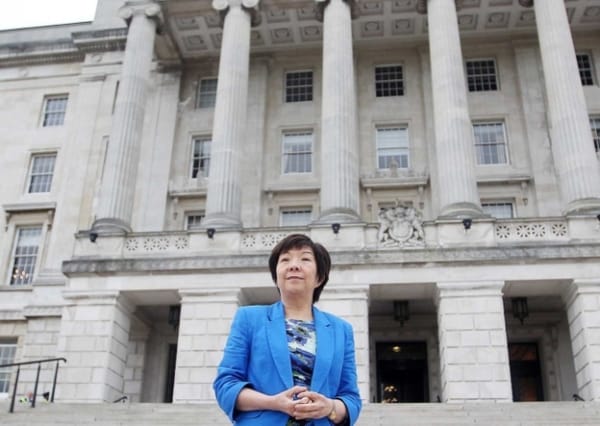Higher Education Fees Debate - Free Education
The debate about higher education funding is not about what the country can or cannot afford. The current forecasts suggest that 45% of student loan income will be written off.
The debate about higher education funding is not about what the country can or cannot afford. The current forecasts suggest that 45% of student loan income will be written off. This is rapidly approaching the figure of 48.6%, where the current tuition fees system will cost the state more than it did four years ago, before tuition fees were trebled. So let’s be clear: this is an ideological debate about what universities are, and who they should serve.
It’s often argued that fees allow for more money for universities, to spend on bursaries or better teaching. But that’s not true – fees have instead been used to offset budget cuts. The current teaching grant provided by the state to universities is about 29% of what it was in 2009. What we’re seeing is an end to the concept of the university as a publicly funded body. In other words, we’re seeing the privatisation and marketisation of the higher education sector. Markets might be good for some things, but managing public services in a fair and democratic way is not one of them. Increasingly universities are ceasing to serve the public good, instead focusing on research that can easily be commercialised.
We are no longer really students, but instead passive consumers. Our role is limited to being customers paying for a service. That’s not how we should have to see our lecturers and colleagues – the people we work alongside. Only by taking tuition fees out of the equation can we interact in a meaningful way without academics having to worry about balancing the books.
At the same time as all this, by the way, we’ve seen a huge increase in managerial pay packets. Our own Rector was paid about £364,000 in 2011/12, which, incidentally, is about 23 times the standard stipend for EPSRC-funded PhD students in London. Meanwhile, lecturers’ pay has been slashed 13% nationally in the last four years. Students struggle to pay rent. And yet tuition fees reliably increase every few years, and sooner or later will be completely uncapped. It is clear that universities are no longer run for the benefit of all of us, but solely those who can claw their way to the top of the hierarchy.
Some claim that free education would require cuts to maintenance loans and grants, or a reduction in student numbers. But the higher education budget is not fixed, as we’ve seen by the way successive governments keep cutting it. The higher education teaching block grant for 2014/15 is £1.582 billion. In contrast, the government currently plans on spending £25 billion on four shiny new nuclear submarines. A relatively small increase in higher education funding would allow us to provide free, funded education for anyone who has sufficient academic ability.
Our Union shouldn’t be afraid of calling for greater investment in education. Even if free education is impossible (it isn’t), having a principled, progressive policy doesn’t prevent us from negotiating pragmatically in the short term – if anything, it strengthens us by showing our integrity and willingness to stand up for students. With the government having repeatedly ignored us, it is clear that the weaker strategies previously used (including support for a “graduate tax” or maintaining fees at the current level) are pathetically ineffectual.
On that point, nothing would be improved by patronisingly relabeling fees as a “graduate tax”. Indeed, such a system would only introduce the problem of being completely unenforceable abroad, leading to the emigration of the few who can afford to pay the tax.
We wouldn’t be alone in re-adopting free education. Much of Europe has no tuition fees, or at worst token ones. To name only a few, this includes France, Germany, Denmark, Sweden and Scotland. Free education is supported by student unions across the country, including even the usually shit NUS. It’s supported by the lecturers’ union, UCU. If our own lecturers are calling for free education, why are we holding ourselves back?
At the end of the day, we’re a students’ union. We should be calling for the best option for students, not one that leaves the average graduate in almost £60,000 of debt. That means an end to the commercialisation and privatisation of higher education. Free education is the only way that we can ensure that everyone in society has the opportunity to access university education without fear of crippling debt. It is fair, economically sensible, and the only progressive option.
Calling for anything less only gives the government an excuse to screw us over again.






